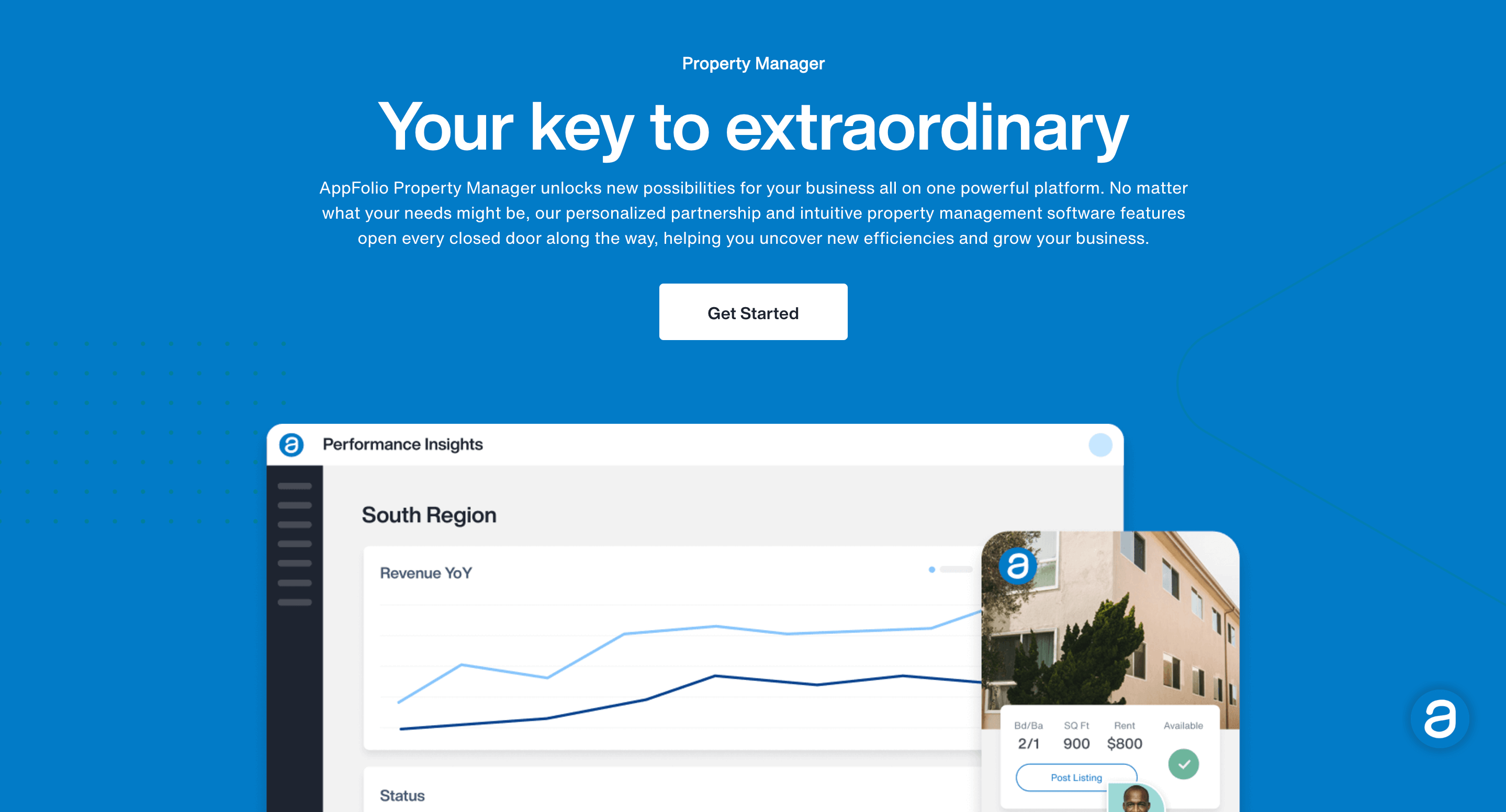Property management is a demanding field that requires juggling various responsibilities, from tenant communication to property maintenance, financial tracking, and marketing. Amidst these multifaceted tasks, the role of a virtual assistant (VA) has emerged as a valuable resource for property managers. In this blog post, we’ll explore how virtual assistants are transforming property management and improving overall efficiency.
The Role of Virtual Assistants in Property Management
Virtual assistants are remote professionals who can handle a wide range of tasks and responsibilities for property managers. Here are some key areas where virtual assistants prove invaluable:
- Tenant Communication: VAs can handle routine tenant inquiries, schedule property viewings, and provide information about lease agreements and property policies. This reduces the workload on property managers and ensures that tenants receive prompt responses.
- Property Marketing: VAs can assist in creating and maintaining property listings on various platforms, ensuring properties receive maximum exposure. They can also coordinate with photographers and videographers to produce high-quality visuals for listings.
- Administrative Tasks: Virtual assistants can manage email correspondence, calendar scheduling, and document management. This frees up property managers to focus on more strategic aspects of their business.
- Maintenance Coordination: VAs can liaise with maintenance personnel and contractors, ensuring that repairs and maintenance tasks are scheduled and completed efficiently. This minimizes property downtime and keeps tenants satisfied.
- Financial Management: VAs can handle rent collection, invoice processing, and financial record-keeping. They can also assist with preparing financial reports and budgets, providing property managers with a clear overview of their financial health.
The Benefits of Virtual Assistants in Property Management
- Cost Savings: Hiring a virtual assistant can be more cost-effective than hiring in-house staff. Property managers can save on office space, equipment, and benefits while still benefiting from professional support.
- Scalability: Virtual assistants can adapt to the changing needs of a property management business. Whether you’re managing a small portfolio or a large number of properties, VAs can scale their services accordingly.
- Increased Efficiency: By delegating routine tasks to VAs, property managers can allocate their time and energy to more strategic activities, such as property acquisition and client relationships.
- Improved Tenant Satisfaction: Prompt and efficient communication with tenants enhances their overall experience, leading to higher tenant retention rates and positive word-of-mouth referrals.
- Reduced Stress: Property managers can experience reduced stress levels knowing that routine tasks are being handled competently and that they have a reliable support system in place.
Conclusion
In the highly competitive field of property management, optimizing efficiency and ensuring tenant satisfaction are top priorities. Virtual assistants are indispensable assets that property managers can utilize to streamline operations, reduce costs, and enhance the overall experience for both tenants and property owners. Embracing a virtual assistant in your property management strategy is a strategic move that can unlock your business’s full potential.






